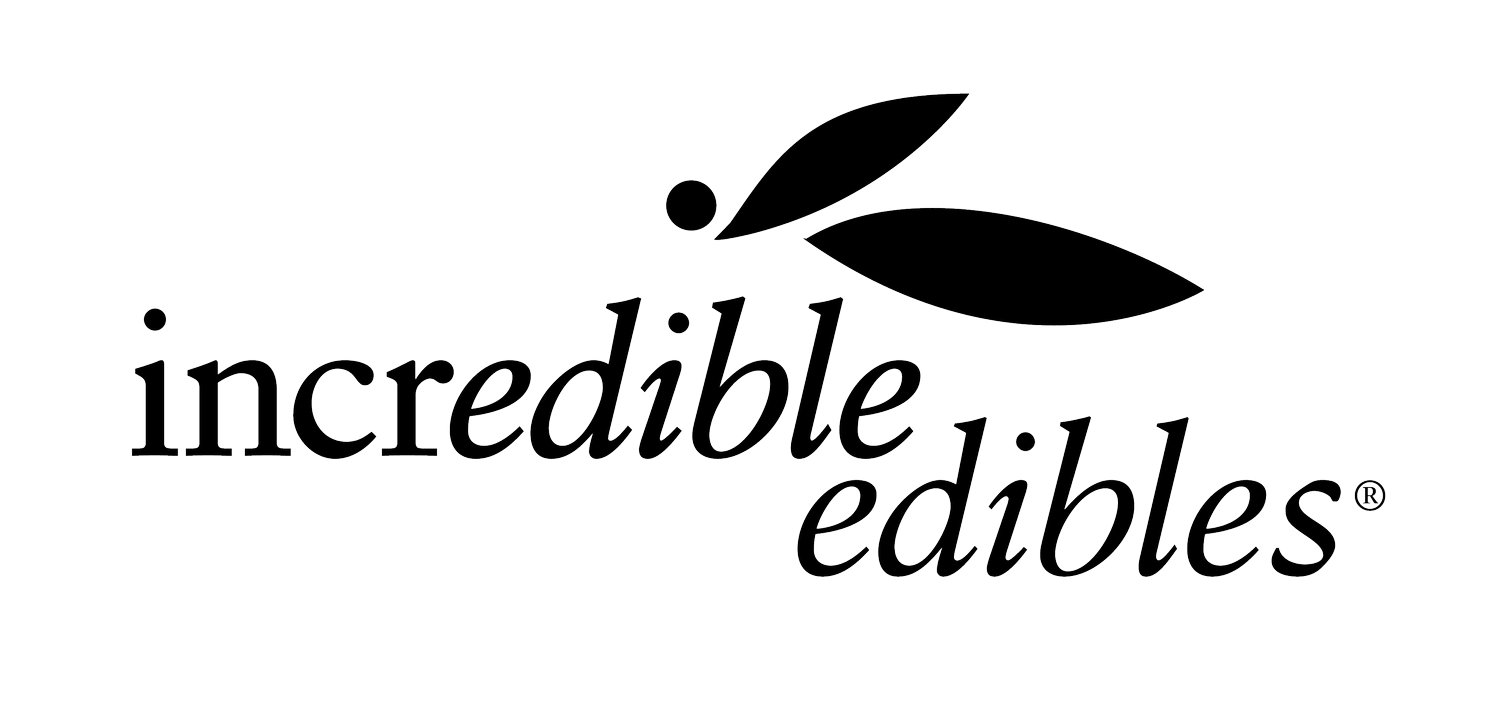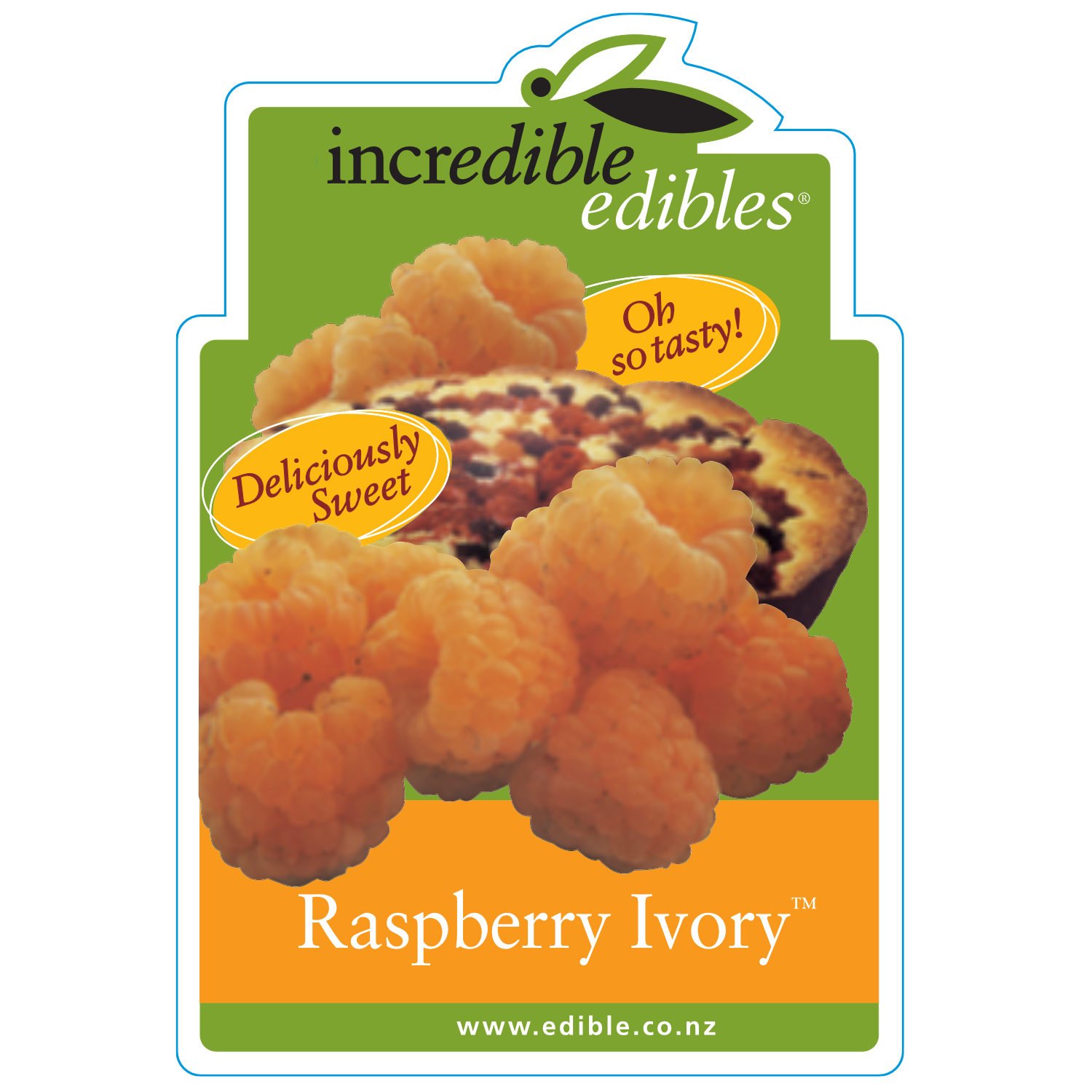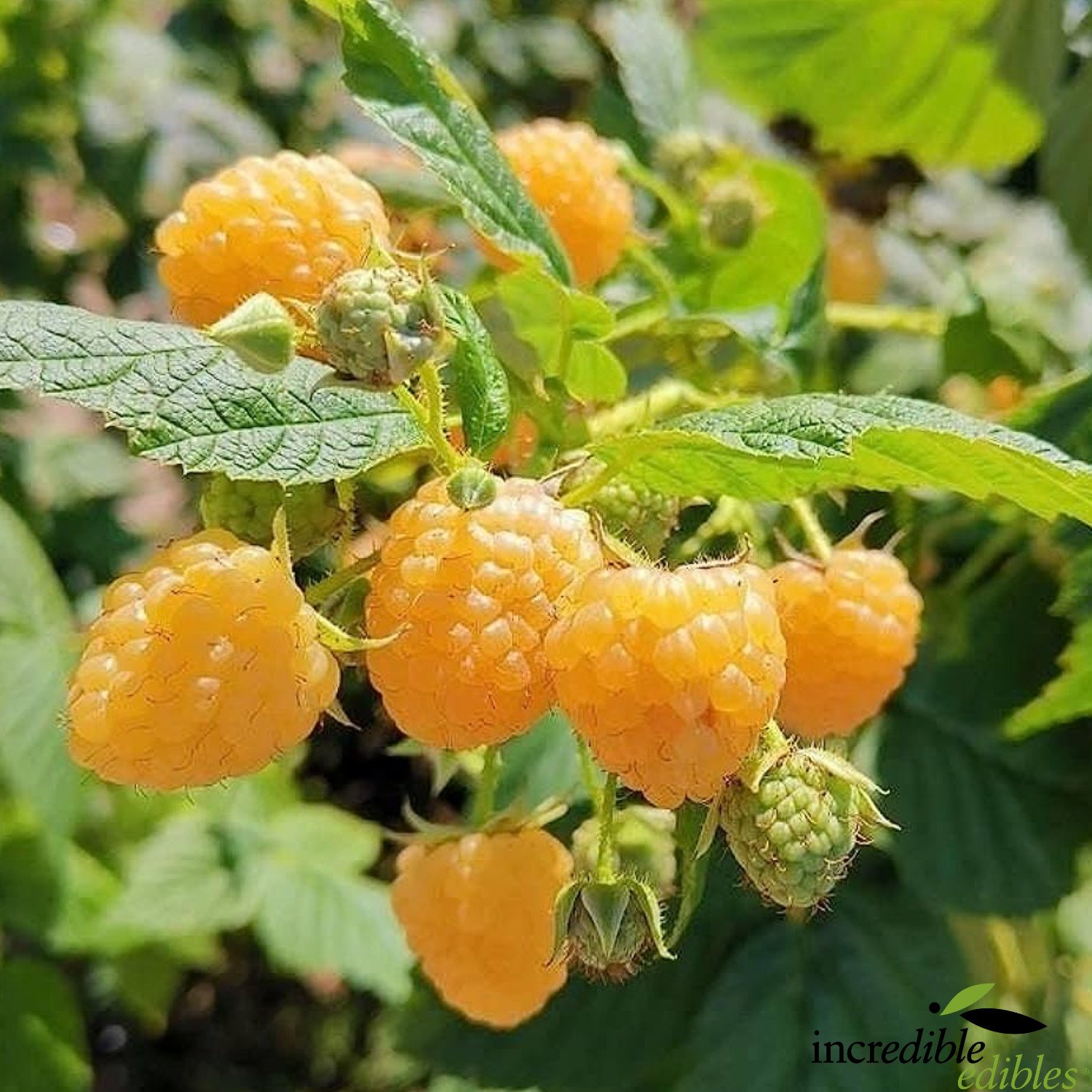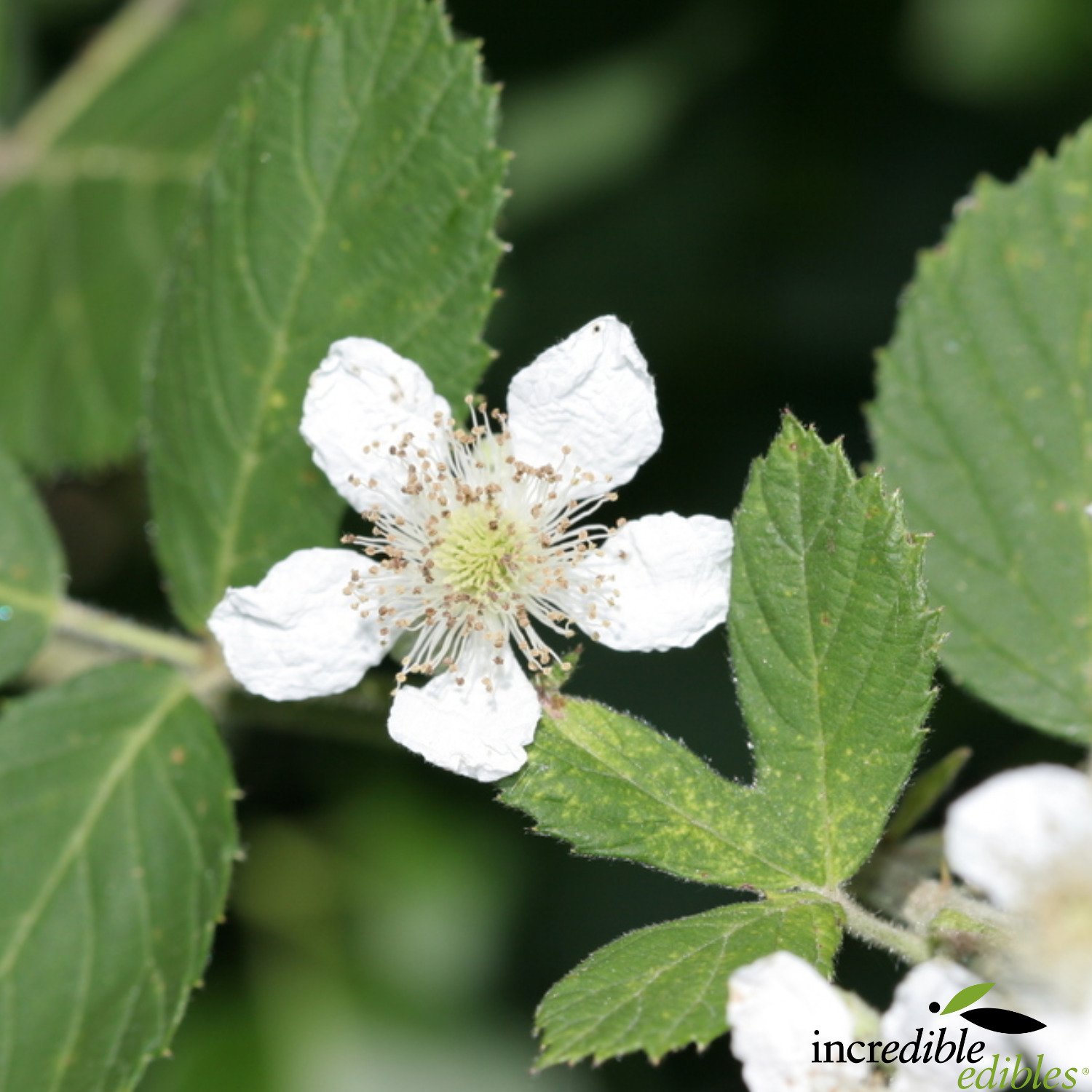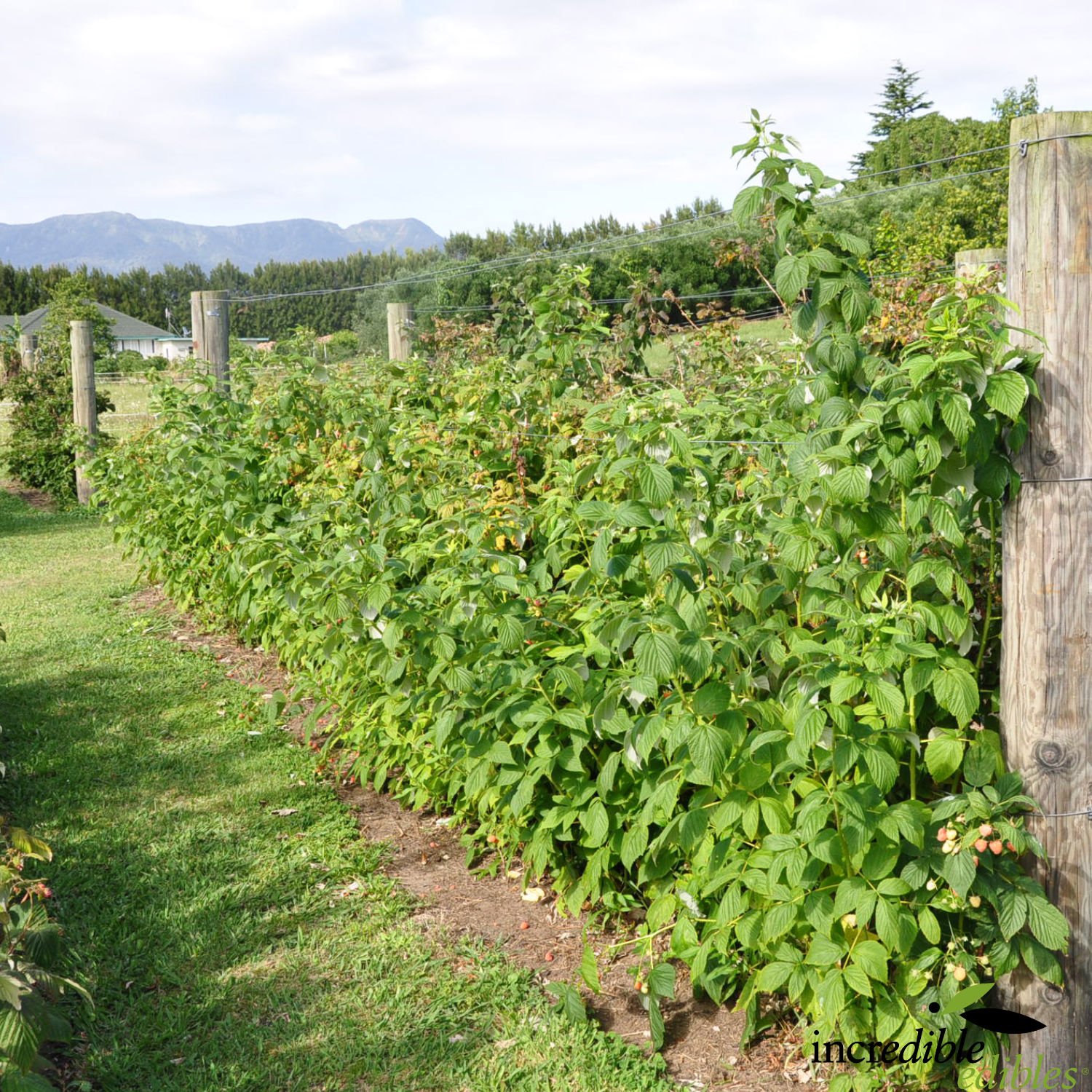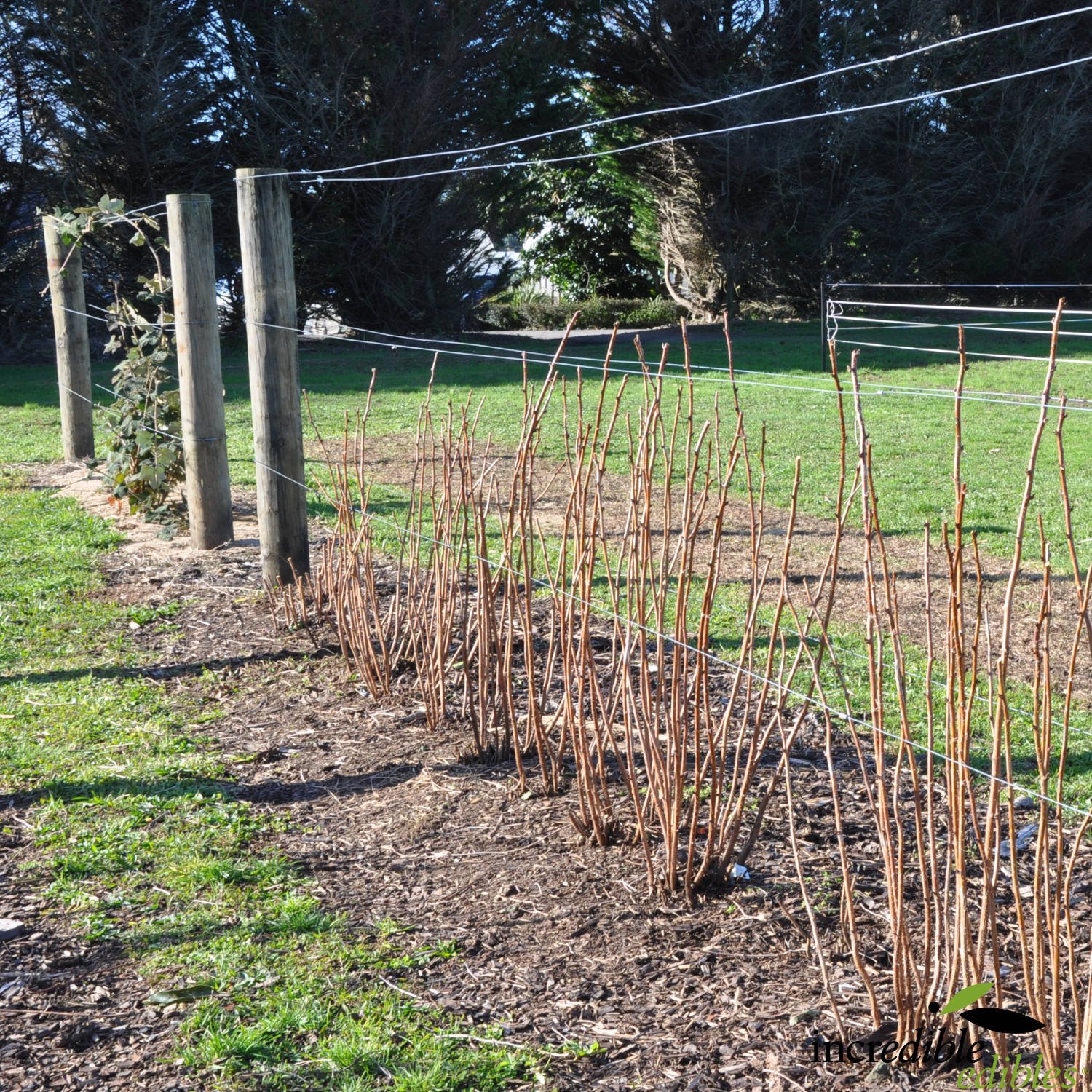Raspberry Ivory™
Raspberry Ivory™ has yellow-golden medium firm fruit with an excellent flavour. They are covered with rose-type leaves. Small white flowers are followed by luscious, sweet, delicate fruit. Vigorous and productive plant, which spreads fast and is one of the easiest of all to grow. Yellow raspberries are variations of red raspberries and, except for fruit colour, have all the characteristics of red raspberries. Harvesting from December to April, with the main crop in February and March. The berries are easily removed when ripe. Canes are vigorous, with a high number of strong upright canes. Dormant canes are dark brown with few spines.
Raspberries are a top antioxidant food, high in fibre, vitamin C and folate.
Check out our Berry Coulis recipe inspiration page, to lift your ice cream, cheesecake or yoghurt to the next level.
Prune out dead, old and fruited canes in winter so 10 - 12 strong canes are left per plant. All Raspberries like a soil rich in organic matter with good drainage essential. Roots are close to the surface, so will benefit from mulching with organic matter and regular watering during dry periods. Apply general fertiliser in spring. Spray with organic copper and an organic oil spray in winter and at bud burst to help prevent insect and fungal diseases.
Raspberry Ivory™ has yellow-golden medium firm fruit with an excellent flavour. They are covered with rose-type leaves. Small white flowers are followed by luscious, sweet, delicate fruit. Vigorous and productive plant, which spreads fast and is one of the easiest of all to grow. Yellow raspberries are variations of red raspberries and, except for fruit colour, have all the characteristics of red raspberries. Harvesting from December to April, with the main crop in February and March. The berries are easily removed when ripe. Canes are vigorous, with a high number of strong upright canes. Dormant canes are dark brown with few spines.
Raspberries are a top antioxidant food, high in fibre, vitamin C and folate.
Check out our Berry Coulis recipe inspiration page, to lift your ice cream, cheesecake or yoghurt to the next level.
Prune out dead, old and fruited canes in winter so 10 - 12 strong canes are left per plant. All Raspberries like a soil rich in organic matter with good drainage essential. Roots are close to the surface, so will benefit from mulching with organic matter and regular watering during dry periods. Apply general fertiliser in spring. Spray with organic copper and an organic oil spray in winter and at bud burst to help prevent insect and fungal diseases.
Raspberry Ivory™ has yellow-golden medium firm fruit with an excellent flavour. They are covered with rose-type leaves. Small white flowers are followed by luscious, sweet, delicate fruit. Vigorous and productive plant, which spreads fast and is one of the easiest of all to grow. Yellow raspberries are variations of red raspberries and, except for fruit colour, have all the characteristics of red raspberries. Harvesting from December to April, with the main crop in February and March. The berries are easily removed when ripe. Canes are vigorous, with a high number of strong upright canes. Dormant canes are dark brown with few spines.
Raspberries are a top antioxidant food, high in fibre, vitamin C and folate.
Check out our Berry Coulis recipe inspiration page, to lift your ice cream, cheesecake or yoghurt to the next level.
Prune out dead, old and fruited canes in winter so 10 - 12 strong canes are left per plant. All Raspberries like a soil rich in organic matter with good drainage essential. Roots are close to the surface, so will benefit from mulching with organic matter and regular watering during dry periods. Apply general fertiliser in spring. Spray with organic copper and an organic oil spray in winter and at bud burst to help prevent insect and fungal diseases.

